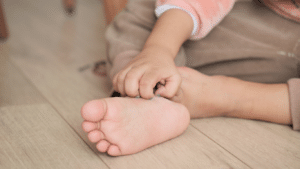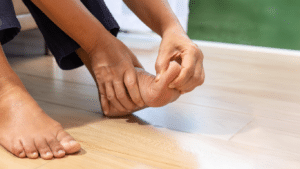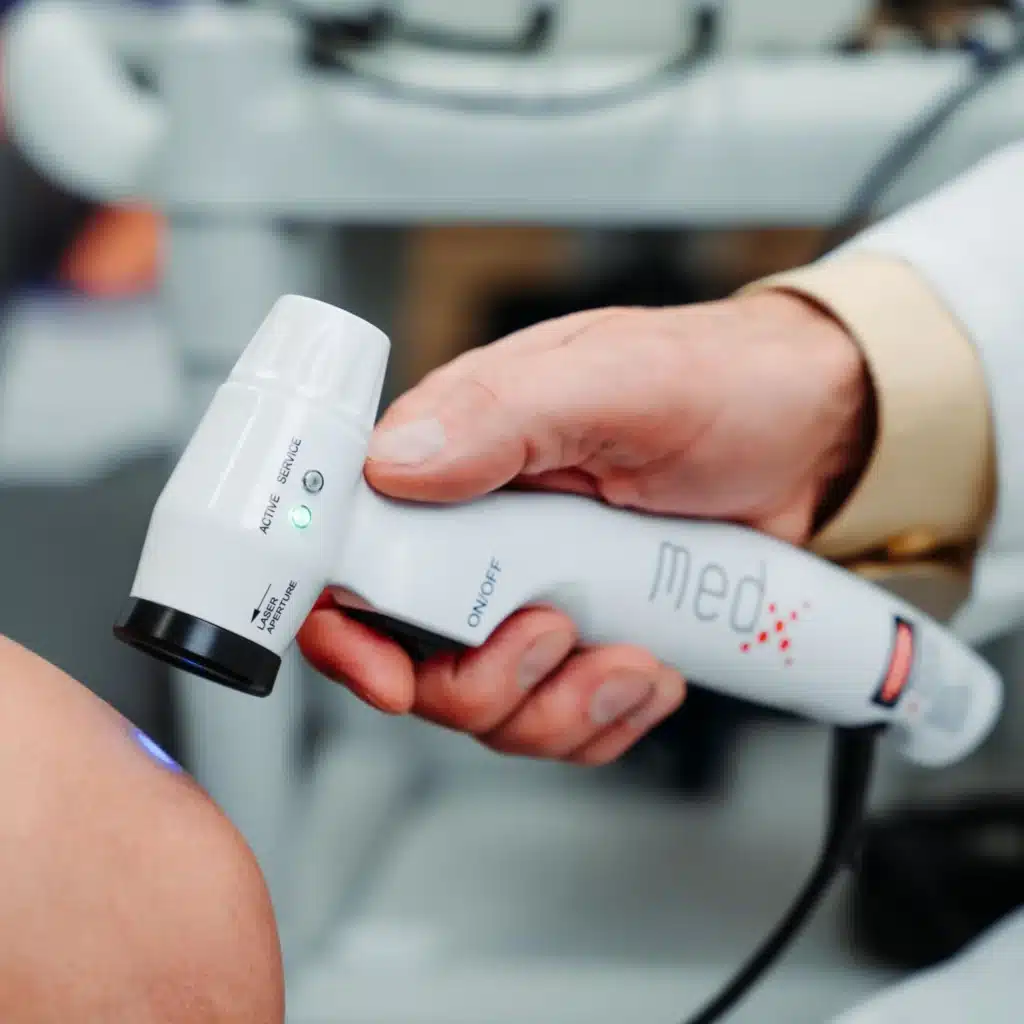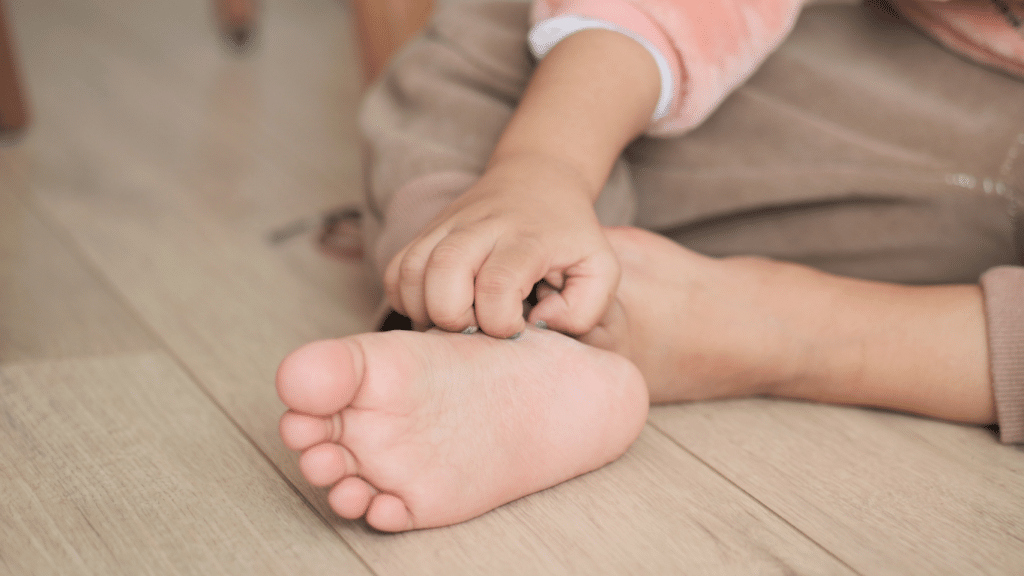Walking is something we all do every day without thinking about it. But if foot pain has started creeping in during your daily strolls, commutes, or errands, it’s not something to ignore. That discomfort might seem minor now, but it’s your body’s way of saying, “Hey, something’s not quite right down here.”
Common Reasons Your Feet Hurt When You Walk
Our feet are complicated. There are 26 bones, over 30 joints, and more than a hundred muscles, tendons, and ligaments in each one. When even one thing is off, like how your arch supports your weight, it sets off a chain reaction.
You might feel pain in your foot, but the actual issue could be how your heel hits the ground or how your toes push off. Over time, those small imbalances travel up to your ankles and knees.
Here are some of the top causes we see at LMC Footcare:
- Plantar fasciitis: This is one of the most common culprits. It’s inflammation of the plantar fascia, the band of tissue that runs along the bottom of your foot. You’ll often feel a stabbing pain in the heel, especially with your first steps in the morning or after sitting for a while.
- Flat feet or fallen arches: When your arches collapse, your feet roll inward more than they should. That extra strain spreads from your feet into your ankles, knees, and even hips over time.
- Overpronation: If your feet roll too far inward with each step (more than what’s normal), it throws off your body’s natural alignment and leads to pain, especially around the arches and heels.
- Poor footwear: Shoes that are too tight, too flat, or worn out can mess with how your feet absorb shock and distribute weight. Even stylish sneakers can cause issues if they don’t properly support your arches.
- Tendonitis or Muscle Tightness: Inflamed tendons in the foot or tight calf muscles can change the way you walk without you even realizing it, leading to pressure and pain over time.
Walking Pain Doesn’t Have to Be the Norm
At LMC Footcare, we’ve helped plenty of people at our Vaughan and Bayview/Midtown Toronto clinics who came in thinking, “Maybe I’m just getting older.” But after a proper assessment and the right orthotics, they’re back to walking longer distances, chasing after kids, or even getting back into hiking.
Small changes really can make a big difference.
How Orthotics Ease Pain and Improve Movement
Orthotics don’t just make walking feel better; they help you move more efficiently. By evening out the pressure across your feet, they reduce the strain with every step. They can:
- Stabilize the way your feet land
- Support your arches through your full stride
- Align your legs and posture so your joints aren’t overcompensating
How Footcare Specialists (Chiropodists) Help Find the Root Cause
You might guess why your feet hurt, but our footcare specialists (chiropodists) at LMC Footcare don’t guess. We assess your gait (how you walk), watch how your feet move in real-time, and dig into your footwear history. It’s a full picture, not a quick fix.
We take the time to explain things clearly, so you understand why something hurts and what your options are.
What Happens at Your First Appointment At LMC Footcare?
We keep it simple. You book a visit, come in, and we walk you through what we’re seeing with your feet and gait. We’ll talk about what might be causing the pain and whether orthotics would help. You leave with a clear understanding of your next step, no pressure.
Get Back to Walking Pain-Free
Pain shouldn’t be part of your daily walk. Whether you’re dealing with something new or a long-term ache, custom orthotics could make all the difference.
Our clinics in Vaughan and Bayview/Midtown Toronto are ready to help. We’re local, experienced, and committed to helping you move better.
Frequently Asked Questions
1. How do I know if I need orthotics or better shoes? If your pain persists despite switching shoes, it could indicate a deeper, structural issue. A footcare specialist can help uncover the root cause and guide you toward the right solution.
2. Do orthotics work right away? Some people feel better almost immediately, while others notice gradual improvement over a few weeks as their body adjusts. Either way, the goal is long-term comfort.
3. Are orthotics only for older adults? Not at all. We see kids, teens, and adults of all ages. Foot pain doesn’t discriminate, and neither do orthotics.
















